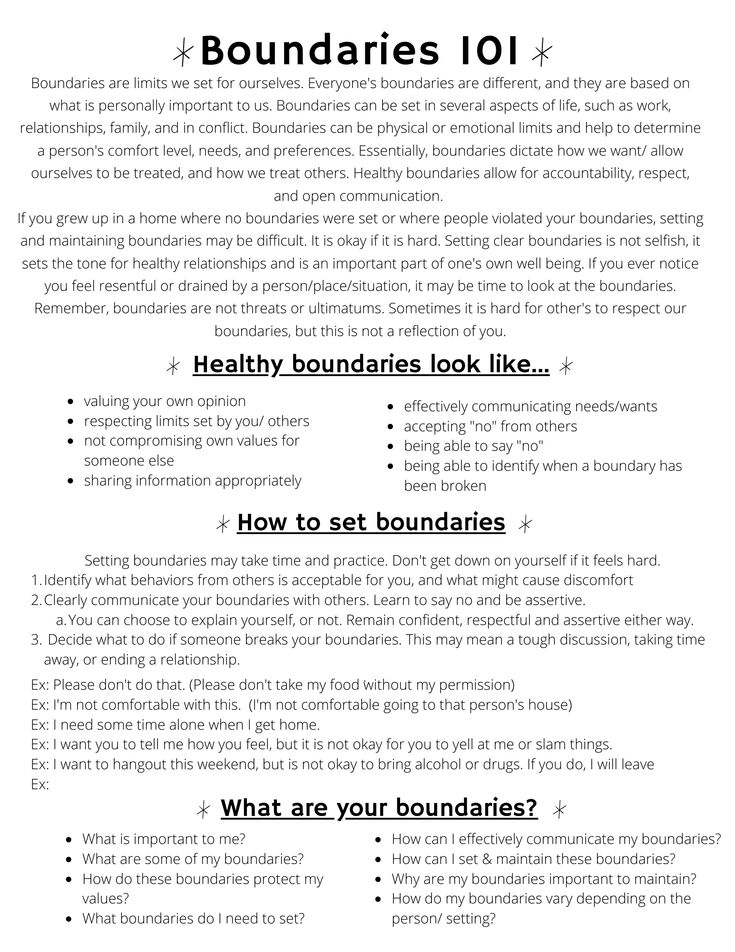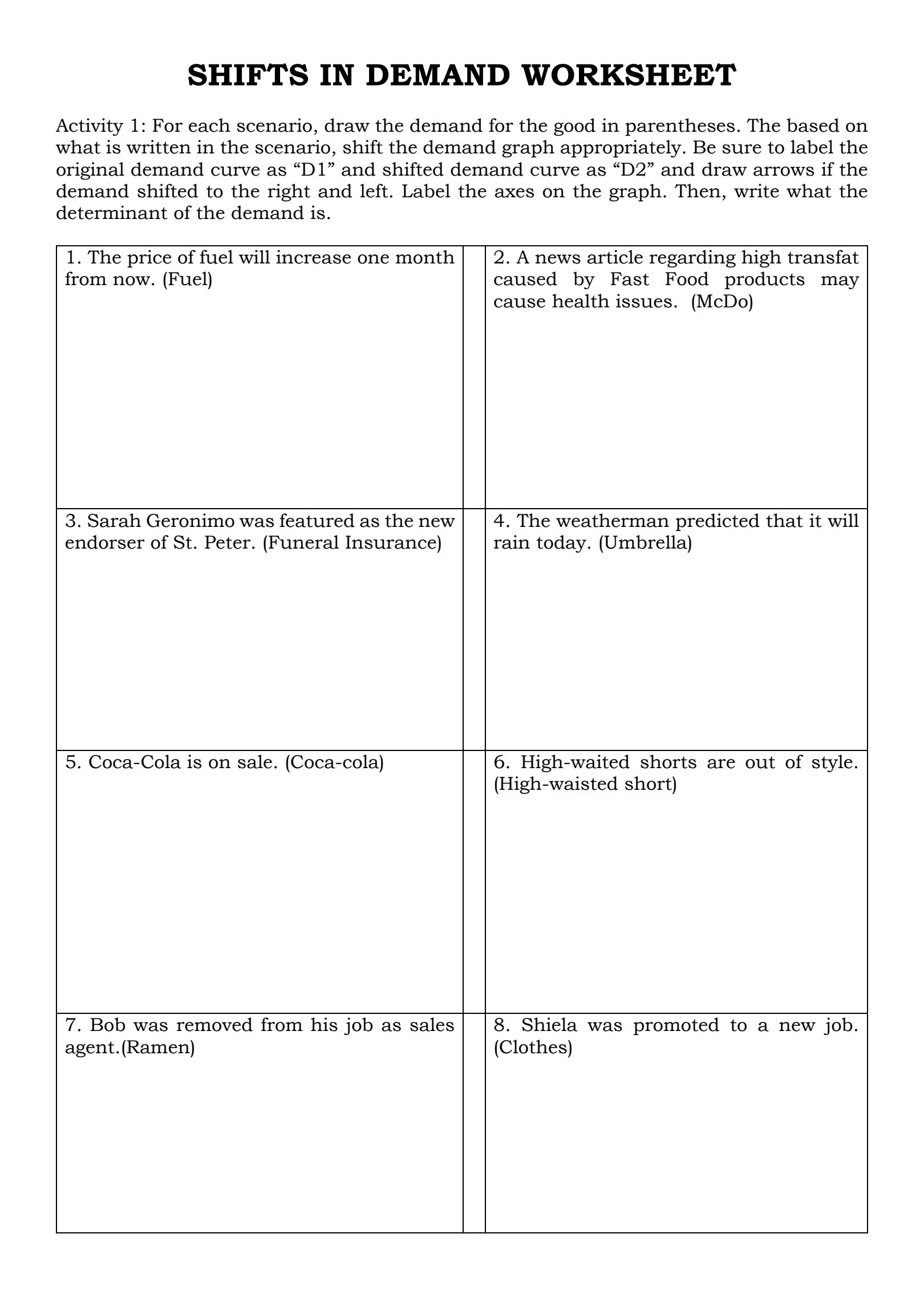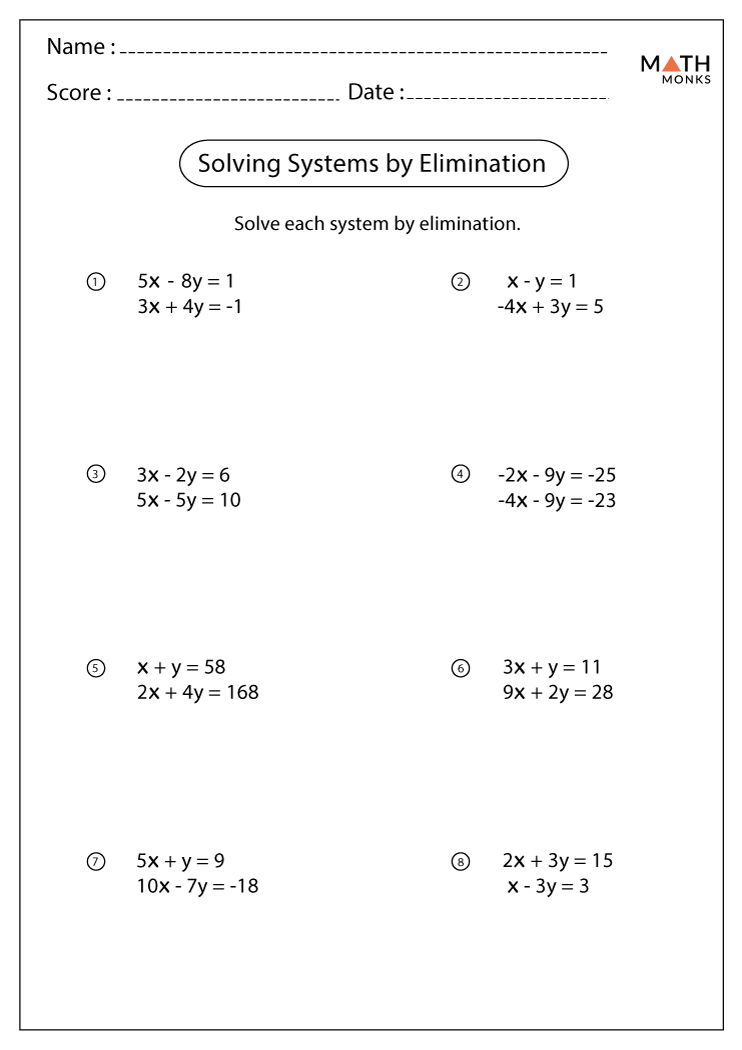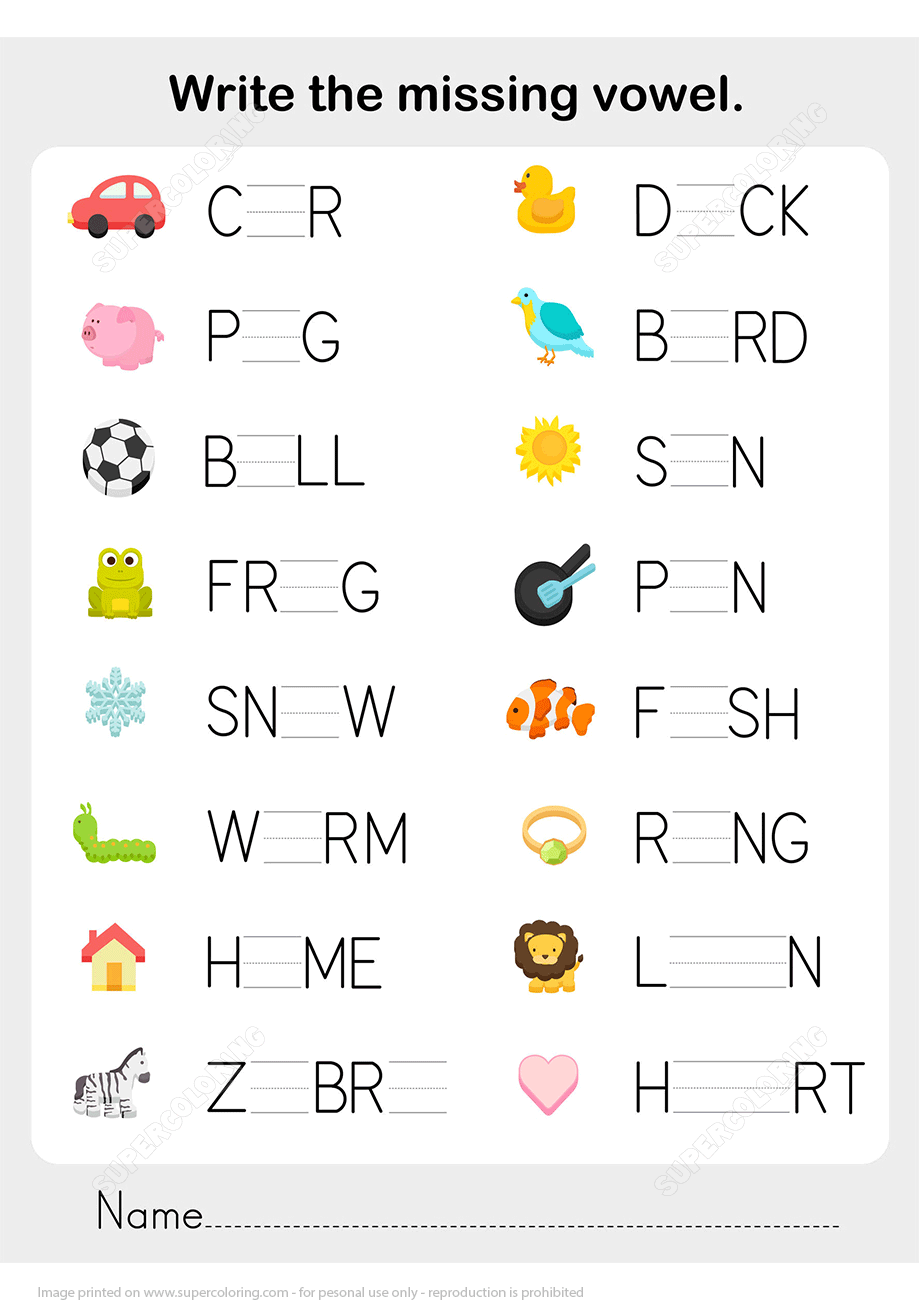Top Therapy Worksheets for Setting Healthy Boundaries

Establishing healthy boundaries is a crucial aspect of mental health and personal well-being. Whether you're looking to assert yourself in relationships, manage your time more effectively, or simply navigate social interactions with more confidence, therapy worksheets can be invaluable tools. These resources not only guide you through the process but also help solidify your understanding and application of boundaries. Here's a detailed exploration of some of the top therapy worksheets available for setting and maintaining healthy boundaries:
Understanding Boundaries


Before diving into specific worksheets, it’s important to understand what boundaries actually are. Boundaries are the limits we set to protect our mental, emotional, physical, and spiritual well-being. They define what is acceptable behavior from others and how we wish to be treated. Here are some key points to consider:
- Personal Space: Physical boundaries regarding personal space and touch.
- Emotional: Protecting your feelings, managing emotional energy, and not taking on others’ emotions.
- Time: Valuing your time by setting limits on your availability.
- Material: Defining who can use or take your possessions.
- Intellectual: Respecting your thoughts, ideas, and expressions.
Worksheet #1: Boundary Definition Worksheet

This worksheet helps individuals articulate what their boundaries are in various aspects of their lives. Here’s how to use it:
- List out different categories of boundaries (Personal, Professional, Social, etc.).
- Under each category, write down what you consider acceptable and unacceptable behavior.
- Reflect on how these boundaries serve you and why they are important.
💡 Note: This worksheet is especially useful for those who are unsure of their own boundaries or struggle with expressing them to others.
Worksheet #2: Assertiveness Training


Being assertive is key to setting boundaries effectively. This worksheet includes:
- Scenarios: Practice assertive statements in response to boundary violations.
- Role Play: Practice these responses with a friend or therapist.
- Feedback: Reflect on how the practice sessions went and any adjustments needed.
Worksheet #3: Boundary Violation Chart

| Situation | Violation | Your Response |
|---|---|---|
| Friend keeps calling late at night | Ignoring your “do not disturb” time | Express your need for personal time |
| Co-worker borrowing office supplies without asking | Material boundary violation | Ask them to ask for permission next time |

Use this chart to identify and record instances where your boundaries were crossed, and what you did or could do about it.
Worksheet #4: Emotional Boundaries Diary

This diary-like worksheet helps you track your emotional state related to boundaries:
- Daily Reflections: Note how you felt when your boundaries were respected or violated.
- Triggers: Identify what prompts others to cross your boundaries.
- Action Plan: Develop strategies for future boundary enforcement.
Worksheet #5: Time Management and Boundaries


Time boundaries are critical in preventing burnout. This worksheet helps in:
- Time Audit: Track how you spend your time over a week.
- Prioritization: Identify non-negotiable times for self-care and relaxation.
- Saying No: Practice setting time boundaries by declining or postponing requests that infringe on your time.
Setting healthy boundaries is more than just a psychological exercise; it's a life skill that requires practice and, sometimes, formal training. Through these worksheets, individuals can gain a clearer understanding of their own limits, learn how to communicate them effectively, and manage their time and energy more wisely. Remember, boundaries are about self-respect and respecting others, which fosters healthier relationships and personal growth.
What if setting boundaries makes others upset?

+
Setting boundaries might upset others initially, but it’s important to communicate them respectfully. Over time, those who value your relationship will understand and respect your need for personal space and limits.
How do I know if I’m being too strict with my boundaries?

+
Boundaries should serve you and not control others. Reflect on whether your boundaries are reactive or proactive. If they’re causing unnecessary conflict or isolation, reconsider their flexibility.
Can you change your boundaries over time?

+
Yes, boundaries can and should evolve with your life circumstances, personal growth, and relationships. Revisit them periodically to ensure they still fit your current needs.
What’s the best way to communicate new boundaries to someone?

+
The best approach is clear, direct, and empathetic communication. Use “I” statements to express your needs without blaming others, e.g., “I feel overwhelmed when my work hours are not respected.”
Are there any worksheets for children on setting boundaries?

+
Yes, many resources provide child-friendly worksheets that teach about personal space, consent, and how to assert themselves in age-appropriate ways.



